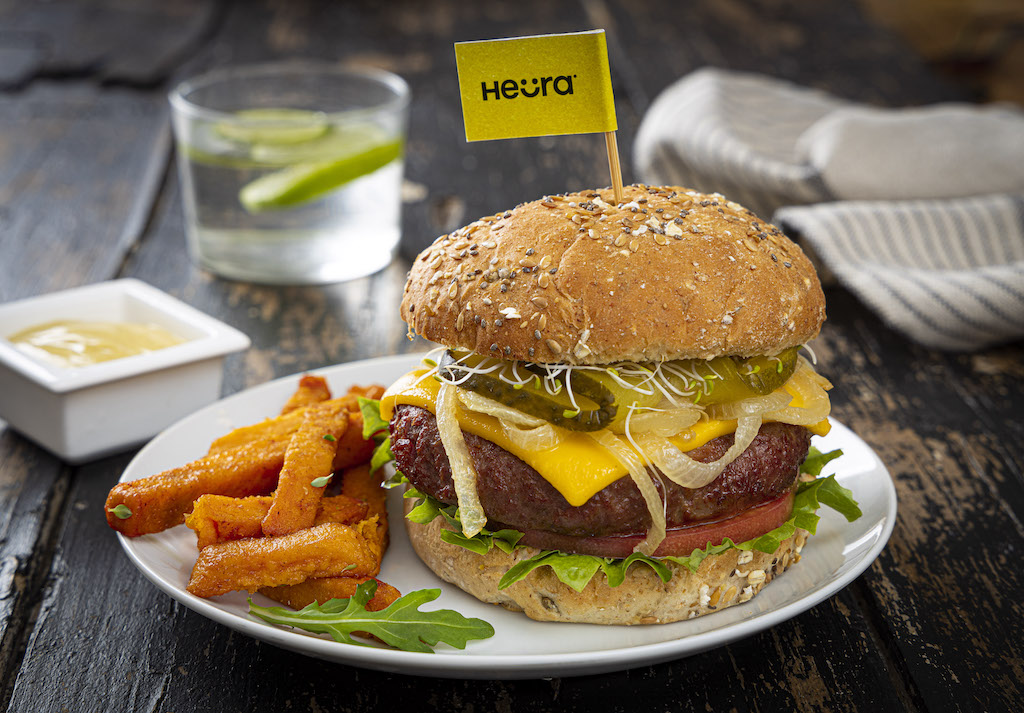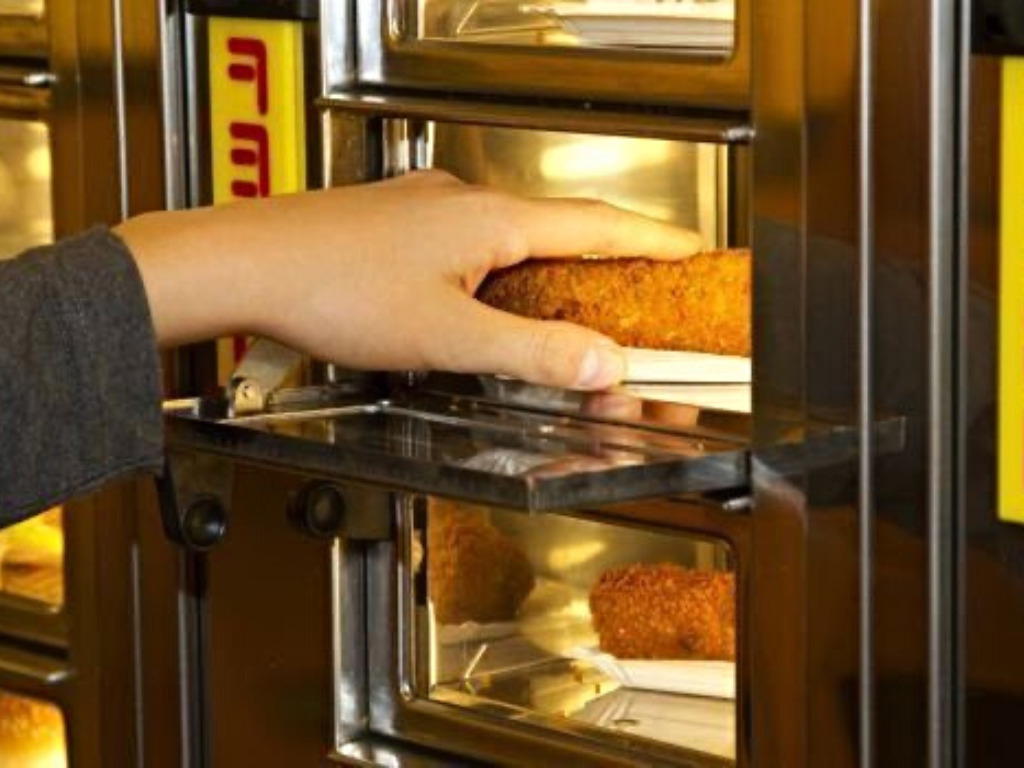Can the World’s First City-Wide Ban on Meat Ads Make Locals Give It Up?
4 Mins Read
In a move aimed at reducing its carbon footprint to help fight the global climate crisis, the Dutch city Haarlem has become the first in the world to ban advertisements in public spaces for meat—a leading producer of greenhouse gas emissions. Will it work?
Haarlem, which sits about 30 kilometers west of Amsterdam, wants to change consumer appetites around meat because of its contributions to climate change.
The most recent IPCC report called for drastic reductions in greenhouse gas emissions in order to reduce the risk of surpassing the 1.5°C temperature rise over pre-industrial levels. Leading climate scientists say without significant efforts to curb the temperature rise—mainly by curbing emissions-producing industries—the rise will bring catastrophic changes to the planet via extreme weather events including droughts, storms, flooding, and fires.
Banning meat ads
“On the one hand, you earn money with these kinds of advertisements, while on the other, you think we should do what we can to combat global warming, also as a local government. That is of course not fair”, Ziggy Klazes, a councillor from the GroenLinks party, who drafted the motion, told the Haarlem105 radio channel.

“Of course, there are a lot of people who find the decision outrageous and patronising, but there are also a lot of people who think it’s fine,” Klazes says. “It is a signal – if it is picked up nationally, that would only be very nice.”
Under the regulations, which don’t go into effect until 2024 because of advertising commitments, advertisements for meat will be banned on the city’s buses, shelters, and public screens. Haarlem is home to 160,000 residents.
The ban has received pushback from critics who say it impinges on freedom of expression.
“It is remarkable that the municipality of Haarlem is holding a large poster campaign that you can be yourself in Haarlem and love whoever you want, but if you like meat instead of soft grass, ‘the partronising brigade’ will come and tell you that you are completely wrong,” Sander van den Raadt, the leader of the Trots Haarlem group, said in a statement.
The move may prove to be effective though, despite its critics. Similar efforts, such as taxes on sugary drinks to help curb obesity rates in California cities including Berkeley and San Francisco, also received backlash when they launched. While San Francisco reported little change in sales, Berkeley reported a 21 percent decrease in consumption just a year following the tax. After three years, consumption of sugary drinks dropped to 50 percent and water consumption increased by 29 percent.
Banning plant-based ‘meat’
Haarlem’s move comes as efforts to ban the labeling of vegan food with similar nomenclature to conventional products across Europe, and the world, are gaining momentum. Over the summer, France’s Council of State banned the use of terms like “steak”, “bacon”, and “sausage” on any similar product made from plant materials, even despite the country’s growing efforts to reduce its carbon footprint.
But recent studies are urging for immediate and drastic reductions on all animal products, not just meat. In April, findings published in the Annual Review of Resource Economics called for a 75 percent drop in the world’s richest nations’ meat consumption to meet climate targets.

In January, Spain’s consumer affairs minister Alberto Garzón urged the country to reduce its beef consumption to help curb climate change and protect the country’s tourism industry from desertification, which is tied to animal agriculture.
Earlier this month, climate activists in the U.K. sued the government for what they say is failure on the government’s part for addressing meat and dairy’s role in the climate crisis.
In July, a report from the Boston Consulting Group found that a plant-based diet is the best investment for reducing the impact of climate change. It cites beef as a key food perpetuating the climate crisis as it produces six to 30 times more emissions than the same amount of tofu.
Globally, food production accounts for one-third of heat-trapping emissions, with animal meat producing at least twice the emissions as plant-based options.
For Haarlem, the ban isn’t to enforce what people are eating—and it’s not necessarily promoting plant-based food instead of meat.
“We are not about what people are baking and roasting in their own kitchen; if people wanted to continue eating meat, fine,” Klazes says. But, she says, “We can’t tell people there’s a climate crisis and encourage them to buy products that are part of the cause.”
Lead image of Febo vending machines in The Netherlands | Courtesy




